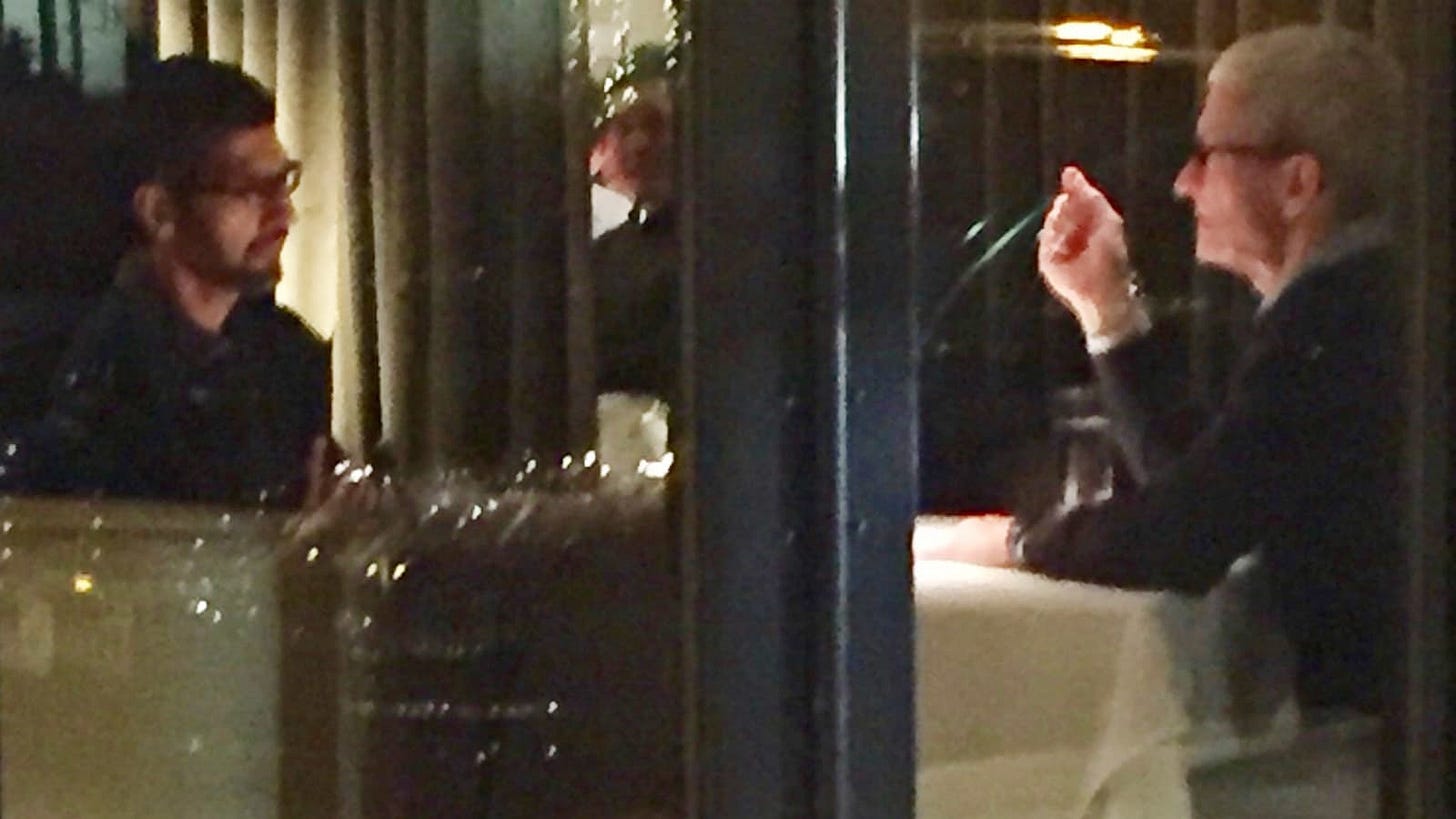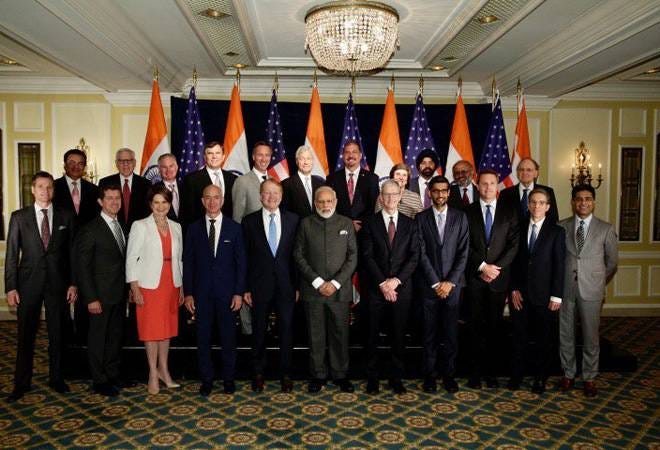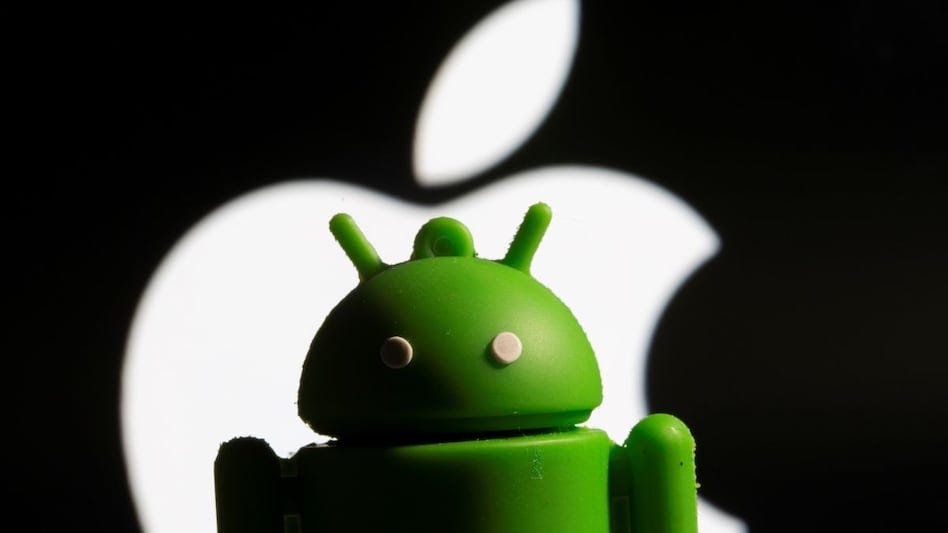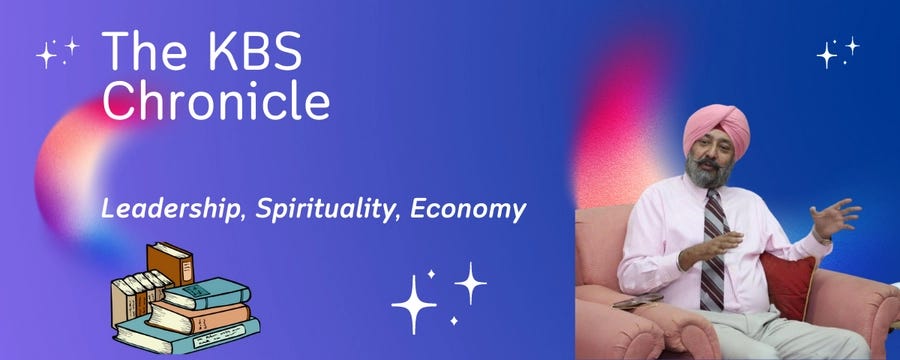Apple-Android "Engagement": Now the Twain Shall Meet
Bridging the Divide: Come 2024, Apple will make messaging between iPhones and Android devices as easy as an iMessage.
The End of the Green Bubble Era
For over a decade, the messaging landscape has been distinctly polarized. Apple's iMessage, with its appealing blue bubbles, has not only been a hallmark of convenience but also a symbol of exclusivity within the Apple ecosystem. This exclusivity created a stark contrast with Android users, who were relegated to the use of basic, unencrypted SMS technology, marked by the infamous green bubbles. This divide affected not just individual users but also the dynamics of group chats, where the inclusion of an Android user would strip the conversation of advanced iMessage features.
Apple Embraces RCS: A New Dawn for Messaging
In a surprising turn of events, Apple has announced its decision to adopt the Rich Communication Services (RCS) messaging standard. Scheduled for implementation in 2024 through a software update, this move promises to bring iMessage-style features to interactions between iPhone and Android users. RCS, championed by Android for years as a modern alternative to SMS, offers a plethora of features akin to iMessage, such as read receipts, seamless group chats, and the ability to send messages over Wi-Fi.
Why the Sudden Shift?
The decision by Apple to integrate RCS into its messaging system marks a significant departure from its long-standing policy of exclusivity. This change seems to be more a strategic alignment with emerging regulatory trends rather than a response to public demand or competition. Notably, Tim Cook, Apple's CEO, previously showed little interest in adopting RCS. However, similar to the company's recent adoption of the USB-C port in compliance with the European Union's universal charging port regulation, this move towards RCS could be seen as a preemptive response to potential regulatory pressures.

The Implications of Apple's RCS Adoption
The integration of RCS into Apple's messaging framework will potentially revolutionize the way iPhone and Android users communicate. No longer will Android users be the outsiders in predominantly iPhone user groups, nor will they face the subtle stigma associated with the green bubble. This change will likely benefit not just individual users but also businesses and developers who have been seeking a more unified communication platform.
In conclusion, Apple's adoption of RCS is a significant step towards creating a more inclusive and interconnected digital communication landscape. This move not only signifies the end of the 'green bubble' era but also heralds a new age of seamless connectivity between different operating systems, greatly benefiting users across the board.
Impact on Messaging Apps and Privacy Concerns
a.) The Future of WhatsApp, Telegram, and Signal in the RCS Era
The integration of RCS into Apple's messaging framework could potentially reshape the competitive landscape of messaging apps like WhatsApp, Telegram, and Signal. These platforms have thrived largely due to their cross-platform capabilities, offering a unified messaging experience irrespective of the user's device. With RCS bridging the gap between iOS and Android, the unique selling point of these apps might be somewhat diminished, particularly in regions where iMessage's exclusivity previously drove users to seek alternatives. However, it's important to note that apps like WhatsApp and Telegram have established themselves not just through text messaging, but also through features like end-to-end encryption, voice and video calls, and extensive media sharing capabilities. Therefore, while RCS will enhance the native messaging experience for iPhone and Android users, it is unlikely to completely replace the need or preference for these well-established third-party messaging apps.
b.) Privacy and Security in Apple-to-Android Communications
A key concern arising from this development is the privacy and security of messages sent between Apple and Android devices. iMessage is known for its end-to-end encryption, ensuring that messages can only be read by the sender and receiver. RCS, while an improvement over SMS, does not inherently include end-to-end encryption. This raises questions about the privacy and security of messages sent between iPhones and Android devices using RCS.
Apple's commitment to privacy suggests that they may implement additional security measures to ensure that messages remain secure and private when using RCS. However, the details of how encryption will be handled in the Apple-to-Android context are yet to be clarified. It's crucial for users who prioritize privacy to understand the security implications of RCS and how it compares to the established security standards of iMessage and other third-party apps like WhatsApp and Signal.
Summing up
In summary, while RCS will streamline communication between iPhone and Android users and might slightly impact the user base of apps like WhatsApp, Telegram, and Signal, it's unlikely to completely overshadow these platforms due to their established user base and additional features. The privacy and security aspects of RCS, especially in communications between different operating systems, remain an area for users to watch closely as these changes are implemented.





Thanks for the update Sir